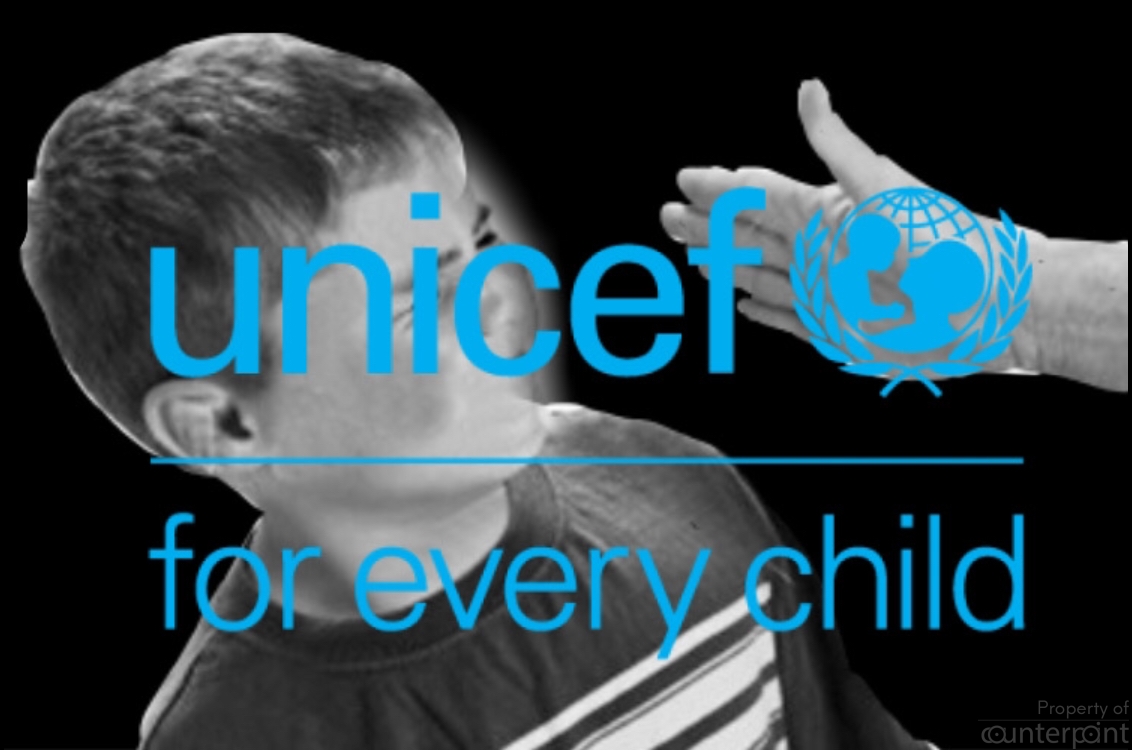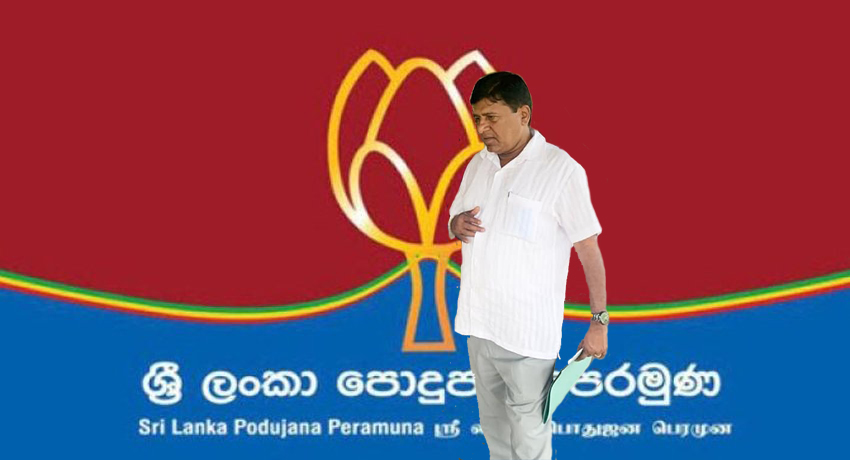The Supreme Court today ordered the State and a school teacher who slapped a child across the face to pay compensation amounting to Rs.650,000 to the child for causing permanent lifelong damage to his hearing ability.
The Court observed that a total of Rs.650,000 as compensation has to be paid within 6 months from the date of this judgement. The Supreme Court held that 15-year-old student’s Fundamental Rights have been violated by the respondents due to a punishment in the form of Corporal Punishment occurred at PuhulwellaCentral College in Matara.
A three-judge bench of the Supreme Court comprising Justice Sisira de Abrew, Justice Murdu Fernando and Justice S. Thurairaja made this order pursuant to a Fundamental Rights petition filed by the parents and the victimized child challenging the infringement of their Fundamental Rights.
In his judgment, Justice S. Thurairaja observed that Fundamental Rights of the Child Petitioner enshrined in Article 11 of the Constitution have been violated by school teacher Jayantha Prema Kumara Siriwardhana(first respondent) and the State.
On13th February 2017, the child petitioner attended school as usual. The first and second periods of the day had been allocated for Agriculture. Child petitioner was made part of one of the three groups in the class and was directed to plough a designated area of the school ground at the plant nursery to plant vegetables.
The child petitioner, during the execution of this exercise, had felt fatigued and had sat on a half wall near the plant nursery for a short amount of time before resuming this activity. One of the classmates of the child petitioner had kept the company of the petitioner during this time. Thereafter the child petitioner had resumed the designated task following this short break.
While he was washing his hands and tools, two students had approached him and told him that the first respondent asked him to come to his office. The first respondent also admits to this and adds that on seeing the child petitioner seated on the culvert during the previous period, had summoned him and reminded him that the Principal had previously warned them not to sit on that specific culvert as it was dangerous and questioned him as to why he had done so even after the warning.
The child petitioner states that the first respondent then questioned the child petitioner asking “Where was it that you were sitting and slapped the child petitioneracross the face. The petitioner states that the blow landed on his face, upon his left ear. The petitioner had felt excruciating pain, severe discomfort, and been startled and disoriented. However, after the incident, the child petitioner had been chased out of the classroom by the first respondent.
The child petitioner had then been in his class and remained in excruciating pain. When the 1st Respondent was informed of the child petitioner’s situation, the first respondent came to the child petitioner and had said: “Don’t take it so seriously”.
Thereafter, the Class teacher had been informed that the child petitioner wants to speak to her. The child petitioner states that when he had told her that the art teacher had hit him and stated that his ear was hurting and that he wanted to go home, the Teacher has responded by saying “It will pass now don’t go home and exaggerate it and tell your parents”.
The Child Petitioner had returned to his classroom where the first respondent had later returned with another teacher who spoke to the child petitioner and had said: “Tell me if it bleeds”.
The report from the Audiology Department had commented that there is normal hearing in the right ear, but that there is mild conductive hearing loss only at low frequencies in the left ear.
Sri Lanka as a signatory to the United Nations Convention on the Rights of the Child (UNCRC) has understood the need to curb the widespread use and acceptance of corporal punishment. This evolution in mindset can be viewed through the development of laws through the enactment of amendments to existing laws, circulars exhibiting the attitude of the Ministry of Education as well as the changing attitude expressed in Judgements, concerning corporal punishment, Justice Thurairaja observed.
The Petitioners had invoked Supreme Court’s jurisdiction under Article 11 of the Constitution for an alleged violation of the child petitioner’s fundamental rights, the provision which reads as “No person shall be subjected to torture or to cruel inhuman or degrading treatment or punishment”.
I must also recognise that the elimination of the practice of corporal punishment may not be achieved through isolated incidents, but a profound understanding by those entrusted with the care of children that violence is not a justifiable means to the end of discipline. Cruelty, violence, physical harm, particularly in the view of setting an example is condemned by all major faiths of our country, Justice Thurairaja further added.





